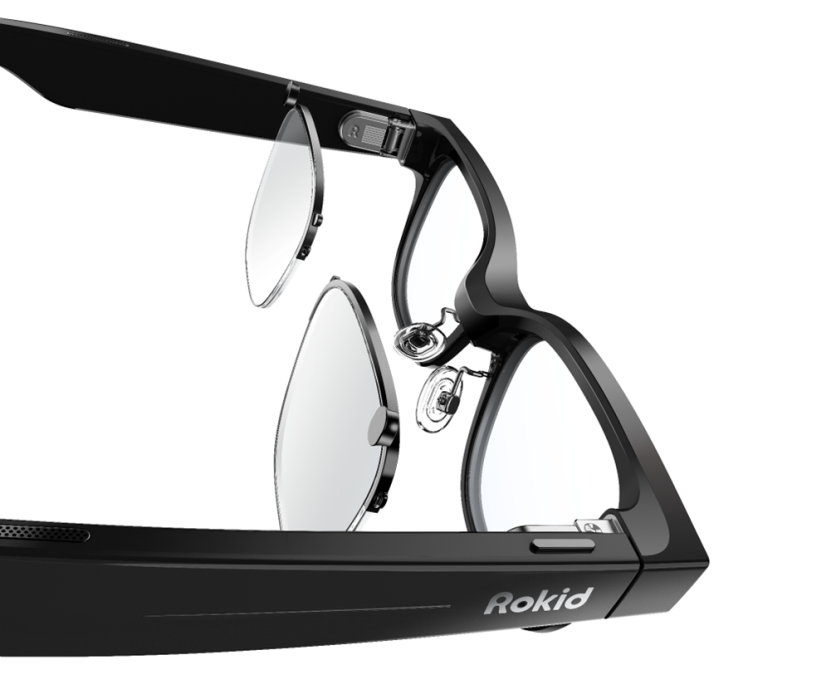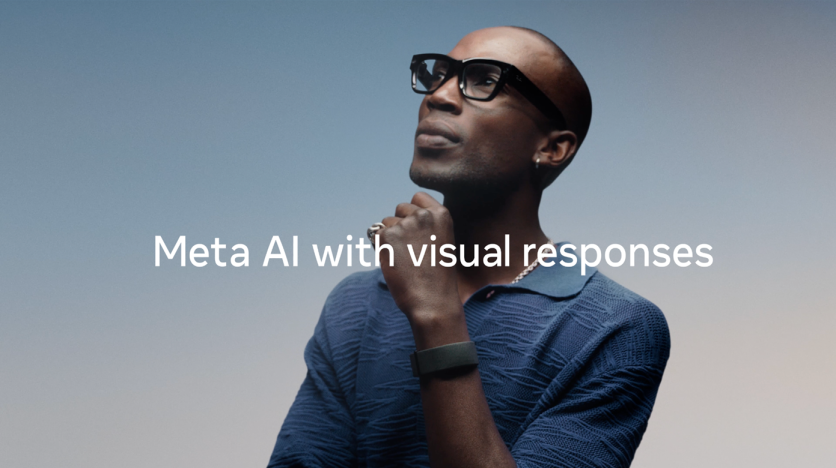A month after debuting its featherweight Rokid Glasses in New York, Rokid is leaning on something more than hardware to stand out in the suddenly crowded world of smart glasses. With Meta's recent Ray-ban Display reveal commanding headlines, Rokid is framing itself as the open alternative: a company betting that ecosystem freedom, not platform lock-in, will define the category.
The product has emerged as a breakout success on Kickstarter, currently surpassing $2.5 million in pledges and becoming one of the platform's top wearable projects. The Kickstarter campaign remains live but will close soon, ending the morning of October 10th.

Rokid Glasses weigh just 49 grams, but their appeal isn't purely physical. The device connects natively with ChatGPT, Google Maps, Microsoft Translator, Gemini, DeepSeek, and even user-selected large language models, providing both developers and consumers with the freedom that Meta's closed-loop software stack doesn't allow. That flexibility has already fueled experiments powered by generative AI.
Currently, users can access real-time multilingual translation with subtitles in their 30-degree field of view, or rely on live transcription for meetings, lectures, and conversations. Built-in AR navigation overlays directions onto the environment, while an AI-powered teleprompter assists presenters. The glasses recognize objects and scenes through AI-enhanced vision, enhancing accessibility and education. A 12MP HDR and stabilized camera allows hands-free photo and video capture. Dual speakers and a four-microphone array with AI noise cancellation enable calls, commands, and media playback without the need for earbuds, making the glasses versatile and discreet.
The company's strategy is somewhat like "the Android to Meta's iOS." Instead of walling off apps, Rokid invites its developer community, currently more than 15,000 strong, with 5,000 corporate partners and over 50 university collaborations, to build their own integrations with Rokid's open SDK. In practice, this means that a healthcare worker in São Paulo, a delivery driver in Seoul, and a design student in New York can all customize Rokid Glasses to suit their daily workflows without waiting for proprietary approval.

This open stance contrasts with Meta's approach, which restricts functionality to its own apps and AI. Industry analysts note that while Meta's distribution muscle remains unmatched in the category, Rokid's developer-first model could mirror the way Android carved out a global market share by offering adaptability and local relevance.
Whether openness or scale wins out remains to be seen. But Rokid's early momentum, including funds raised on Kickstarter and viral campaigns from Times Square to Berlin, suggests that consumer appetite may extend beyond one company's ecosystem. And for developers eager to experiment, Rokid might be the next destination.
Reminder that Rokid's AI Glasses campaign on Kickstarter will conclude later next week. If you want to get one with early bird pricing, now is the chance.
ⓒ 2025 TECHTIMES.com All rights reserved. Do not reproduce without permission.




